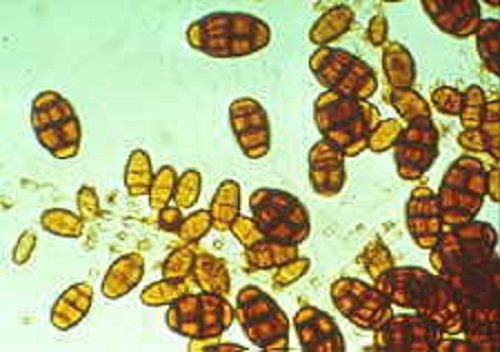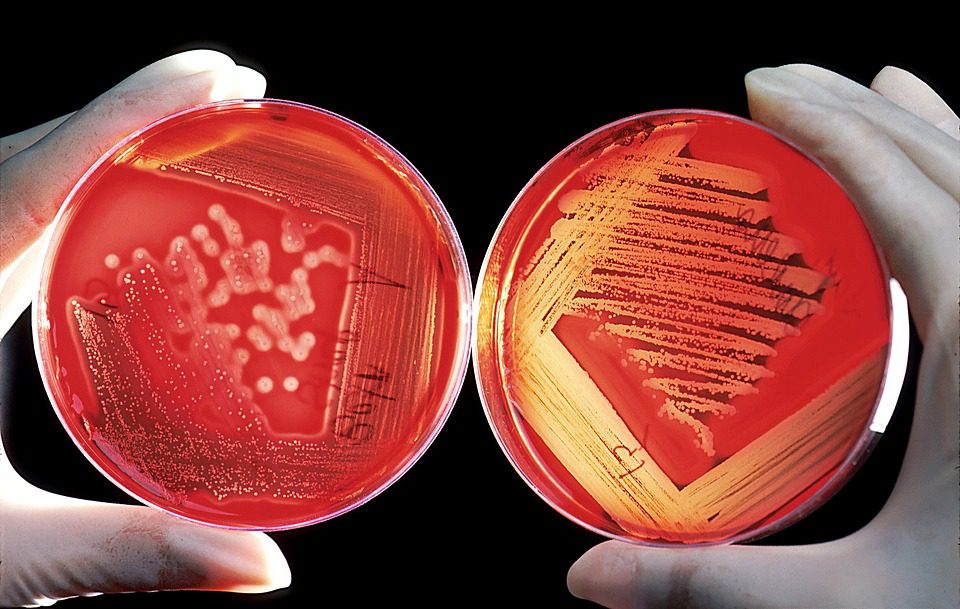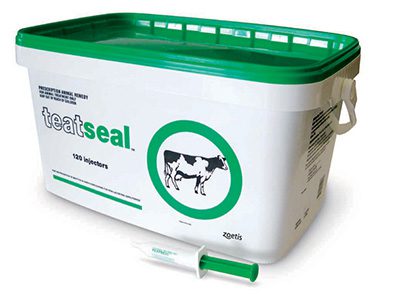Our Farm Services
Autumn Vet Advisor
- Clinic News
- Facial Eczema
- Mastitis
- Body Condition Scoring
- Teatseal and Drying Off
- Repro
- Wearables
- Current Clinic Promotions
Animal Health Plans
Time flies, and in a complicated world it can be easy to overlook an important routine job. We can help by formulating an Animal Health Plan for your herd or flock, producing either a wall calendar or providing an electronic reminder system. Covering routine preventative health issues, will mean your herd health is maximized by:
- Designing a worm drench program
- Setting times to check mineral balance
- Getting ready for mating
- Diarizing vaccinations and boosters
- Facial Eczema Prevention
- Tailoring a trace element program to your farm
Calf Weighing
Calf rearing sets the foundation for the lifetime productivity of your animal. A strong, heifer growth program will ensure heifers will reach their full growth potential. The primary goal of any replacement program should be to get the heifer mated early, calved and entering the milking herd with plenty of time to cycle prior to the PSM. Weighing and setting targets can alert you to problems early. We have electronic scales and weigh bars that allow you to accurately weigh your young stock that are available for hire.
Drenching Programs
Internal parasites are a major threat to all livestock and need to be properly managed to prevent debilitating effects on animal performance, lost productivity and death. Unfortunately due to the presence of drench resistance it is now not possible to give a blanket recommendation for all farms. Best practice aims at achieving parasite control through an integrated parasite management program. The aim of such an approach is to reduce pasture contamination and restrict the exposure of susceptible stock to infective larvae. Drenches need to be used strategically and we need to know they are effective. Cambridge Vets can tailor a simple to follow drench program that will optimise production, limit drench resistance and maximise worm control.
Disbudding
The purpose of disbudding is to minimise injury to both stock and stock handlers and reduce carcass and hide damage. Disbudding involves the permanent removal of living tissue and this causes significant pain to the farm animal. At Cambridge Vets, we use a combination of both a sedative and local anesthesia to minimise stress to both the animal and the handler. This also allows us to ensure that the horn buds are removed correctly to promote a speedy recovery and carry out additional surgeries, such as castrating bull calves, tagging ears, vaccinating animals and removing extra teats painlessly. We encourage the early disbudding of calves between the ages of two to six weeks.

Facial Eczema Spore Counting/Monitoring
Cambridge Vets monitor several farms over 10 locations during the facial eczema danger period starting in December and these form the weekly reports published by RD 1 and the Waikato Times. During the peak of the season, Kelvin processes grass samples on a daily basis ensuring the counts are accurate and up to date. Grass samples can be submitted at our front counter and results can be returned within a very short turn around time. Should you have any queries or concerns, our staff members are able to advise accordingly. Find updated spore count results in the Recent Update tab or the drop down Farm Animal Services menu.
Intelact
Intelact is a comprehensive nutritional and farm advisory service. A range of services are offered from balancing the nutrient requirements for your herd to farm planning and intensive advisory service to maximise your farms performance. Chris Pyke is our Intelact consultant and is able to answer any queries.

In House Lab & Milk Cultures
Cambridge Vets is able to culture mastitis samples in our in-house laboratory, often returning a result in 24hrs. We can also determine pathogen sensitivity allowing the most effective antibiotic to be prescribed.
Lifestyle Blocks
We recognise the increasing number of clients from lifestyle blocks and are able to offer an informative and friendly service. We produce educational magazines and are readily able to answer all questions via the telephone at no charge.
Medicine & Surgery
Our team has years of clinical experience and provide comprehensive routine and emergency services for production animals, both large and small. Phone our (07)8277099 number for assistance from our ‘on-call’ Farm Veterinarian.
Equipment Hire
We hire or loan out the following: electronic weigh scales and platform, cowslings, bolus guns and applicators.
InCalf
InCalf is a program that provides tools to improve the reproductive success of your dairy herd. The program yields numerous benefits including; fewer empties, a more compact calving, more culling options, greater days in milk, more AB calves and streamlined calf and heifer rearing. In Calf is a well supported package with standardised national industry figures to compare, as well as the all important cost calculator to identify the real brakes on profit. It looks at the bigger picture for your farm animals and not just the non-cyclers. The aspects examined include; calving pattern, heifer management, body condition and nutrition, heat detection, non-cyclers, genetics and AB, bull management and cow health. Two of our production vets are now trained as In Calf advisors and can add the value of their veterinary, nutrition and farming knowledge to give practical steps towards improving reproductive efficiency and farm profit.
Pregnancy Testing
Cambridge Vets offers a pregnancy testing service – ultrasound or rectal palpation. Ultrasound pregnancy testing is also available for deer and goats. Ultrasound is a powerful diagnostic tool allowing our skilled veterinarian to visualise the uterus and identify a viable fetus reliably from 35 days. Early pregnancy testing is an important management tool that provides numerous benefits including; identification of empties that can be culled from the herd, early drying off of light, young or early calving cows, accurate calving dates, allocation of cows to the springer mob, calculation of key performance indicators ie 6 week in-calf rate.
Trace Element Program
Metrichecking
Metrichecking is a quick, non-invasive method of examining cows for evidence of uterine infections. New Zealand studies have shown that cows with endometritis have 10-30% higher empty rates and conceive 2-3 weeks later. Metrichecking can begin as early as 2 weeks post-calving and once a ‘dirty’ cow has been identified she can be appropriately treated. Benefits of metrichecking include; extra days in milk, fewer empties, more AB calves and less wasted semen.
Infovet
Infovet is a ground breaking software program that will allow your vet to monitor farm performance. The system automatically gathers and combines farm data from AI, mating, herd tests, MINDA, milk production, animal health information, bulk cell count, drug sales, clinical records and lab reports. This allows us to offer you tailored services and individual plans based on accurate analysis of your farm data; alerts can be set for bulk cell counts, mating performance can be assessed through fertility focus reports, PD results can be entered whilst scanning, farm performance can be bench-marked, compared and analysed, data is easily mined for dry cow consults, induction plans and drug authorities. Our vets are keen to talk to you about this new opportunity today and registration is simple and fast.
Mastitis Advisory and Grade Busting
Cambridge Vets have a team of skilled milking management vets that can provide a rapid response process to farmers and managers who are experiencing grades or milk quality issues. Grading is stressful and expensive which is why our Fonterra accredited vet will undertake a comprehensive on-farm mastitis investigation allowing demerit relief. This service is also available to those farms that are experiencing elevated BMSCC. Farms with bulk milk tanks greater than 300,000 are not only losing money but are also at risk of grading. Cambridge Vets recognises that early intervention is key and are eager to assist you in achieving quality milk.
Healthy Hoof
Healthy Hoof is a unique program designed to provide farmers, managers and their advisors a systematic process to help minimise and manage the risk of lameness on pasture based dairy farms. The program includes several farm visits and two on-farm tutorials focusing on identification and recording systems, recognition of lame cows, treatment & prevention. A comprehensive set of learning resources is provided for each farm. Famers also tell us that Healthy Hoof benefits reach further than the cost savings from reduced lameness. They also value improved staff performance due to the education and training provided by the program, they have more confidence to act and address their lameness problem and also appreciate the time savings generated by the program.
For more information, please contact your local Healthy Hoof provider here at Cambridge Veterinary Services.
Alternatively, you can visit: www.dairynz.co.nz/healthyhoof

Teatseal
Heifer mastitis commonly occurs during the first few days after calving and can increase the risk of teat canal thickening, light quarters and having clinical mastitis the next lactation. The use of teatseal is a very effective tool for reducing heifer mastitis at a very stressful time of year. A large scale Waikato study demonstrated teatseal in heifer’s reduced Streptococcus uberis infection at calving by 84% and clinical mastitis in the first 2 weeks of lactation by 68%. A very high standard of hygiene is required during the insertion of teatseal. Cambridge Vets recommends and offers a teatsealing service. If heifer mastitis is an issue in your herd contact us today.
